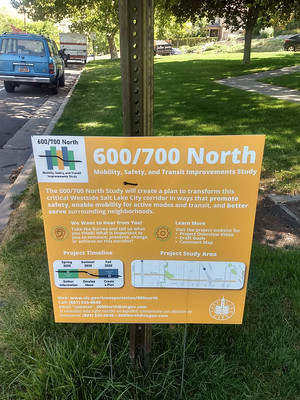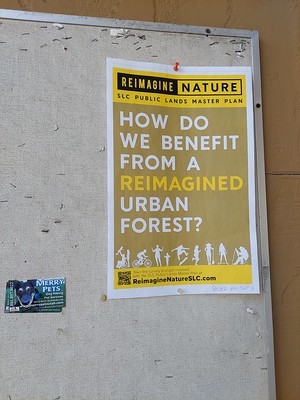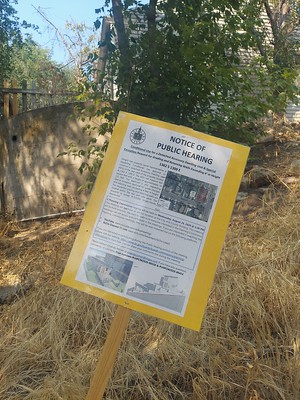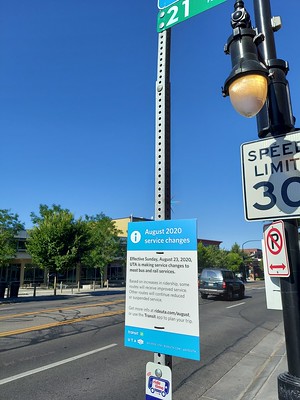Public notice yard signs, Salt Lake City
One obvious way to engage the public is with yard signs. In zoning and alcohol licensing matters there are public notice placarding requirements. But most cities allow for these to be posted in ways where they are inaccessible or incredibly cryptic, so they are almost nonsensical.
I also realized that the notices should also list potential remedies, or ways that citizens can act. E.g., without a process to stop a demolition, having placard requirements barely registers ("More on the need for stricter anti-demolition regulations in DC, 2009, "To be successful, local neighborhood stabilization programs need a packaged set of robust remedies," 2020).
When I did the bike and pedestrian plan in Baltimore County, I asked for approval to create and post yard signs throughout the planning district, to ask for public comment and participation, but it was denied.
That's why I find the use of public notice yard signs in Salt Lake City to be so interesting ("Salt Lake City planning department mails notices to all households about participating in specific planning processes"). They do it exactly how I think it should be done.
This sign was placed on a street where the City Department of Transportation is planning a variety of upgrades.

The Parks and Public Lands Department has put up yard signs in most every park and open space that they manage across the city, which is more than 100 sites. They've also sprayed sidewalk notices proximate to in-street medians and boulevards.


And use the same signage for flyers.

Posted at a specialty market.
And the building regulation/zoning signage requirements seem to require understandable language, instead of gobbledegook.

Separately, the Utah Transit Agency puts "yard signs" at every bus stop to announce service changes, that are general or specific to the route, such as temporary bus signs. By comparison, DC area transit agencies generally handle this pretty poorly. It can take years just to update bus stops with current schedule information.


Labels: civic engagement, community planning, participatory democracy and empowered participation, urban planning, urban policy



0 Comments:
Post a Comment
<< Home